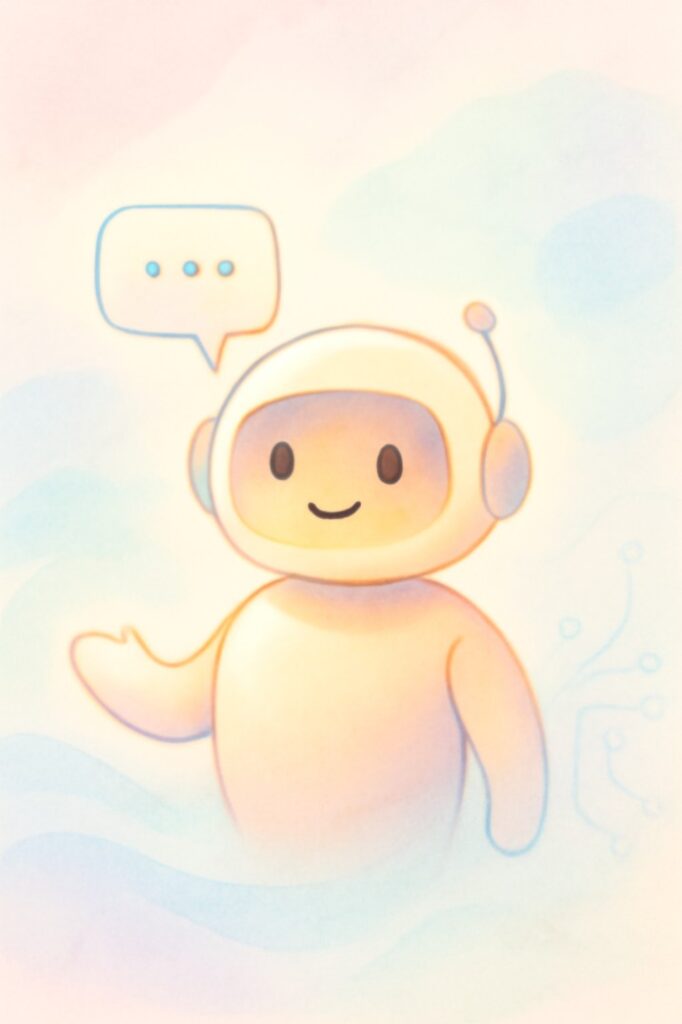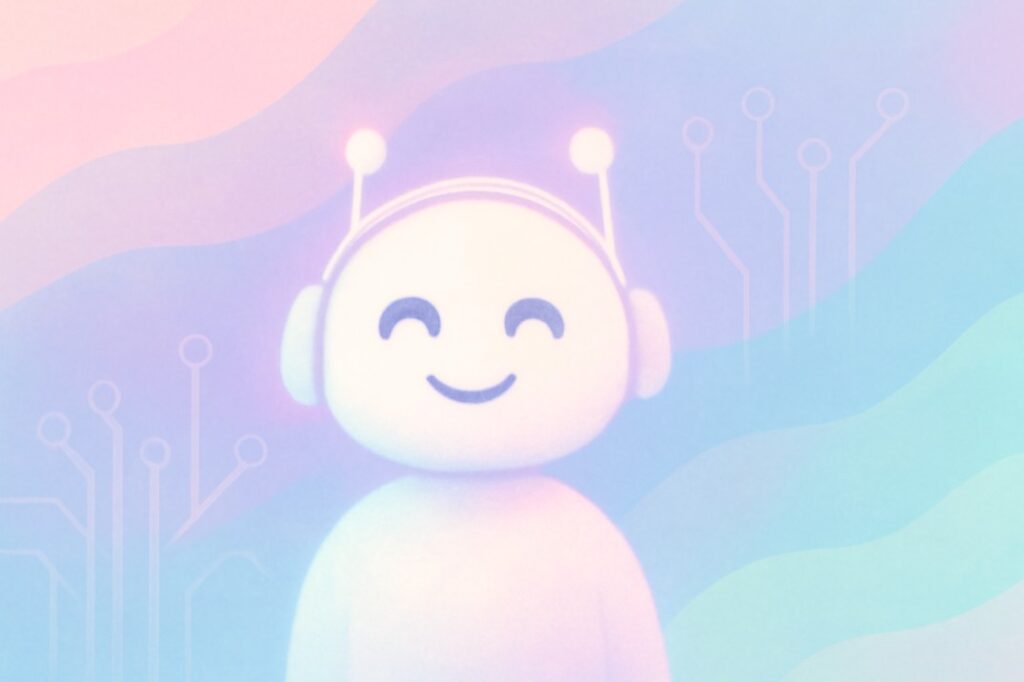Artificial Intelligence (AI) is reshaping countless aspects of our lives, from work automation to creative pursuits. But one of the most profound and human-centered innovations emerging today is the rise of AI friends — digital companions designed to listen, converse, and provide emotional support. In a world where loneliness and mental health challenges are increasingly common, AI friends offer a unique blend of technology and empathy that’s transforming how people connect, heal, and find companionship.
What Are AI Friends?
AI friends, also known as digital companions, are sophisticated chatbots or virtual entities powered by advanced natural language processing (NLP) and machine learning. Unlike traditional bots that follow rigid scripts, AI friends learn from interactions to offer personalized, empathetic conversations. Popular platforms such as Replika, Character.ai, and Pi have introduced millions to the concept of having a “digital best friend.”
How Do AI Friends Work?
AI friends use natural language understanding to interpret your messages and respond in ways that feel natural and human-like. They’re built on AI models trained on vast datasets of human conversations, emotions, and knowledge. This enables them to:
- Understand context: Remember previous conversations to maintain continuity.
- Express empathy: Recognize emotional cues and respond sensitively.
- Learn preferences: Adapt personality traits based on your interactions.
- Engage creatively: Tell stories, jokes, or offer motivational quotes.
Thanks to continual learning and AI model improvements, these companions grow more attuned to users’ needs over time.
AI Friends and Mental Health: A New Frontier

One of the most exciting uses of AI friends is in mental health support. Studies show that millions worldwide face issues like anxiety, depression, and chronic loneliness — yet many avoid traditional therapy due to stigma, cost, or accessibility.
AI companions offer a judgment-free zone where users can vent, reflect, and receive encouragement anytime, anywhere. For example, Replika’s mental health-oriented features include mood tracking, mindfulness exercises, and conversational coaching, providing tools to manage stress and negative thoughts.
Research from NIH highlights how chatbots can reduce feelings of loneliness and improve mood, especially in vulnerable groups. While AI friends don’t replace professional therapists, they act as an accessible supplement for everyday emotional support.
Benefits of AI Friends for Mental Wellness
- Non-judgmental listening: Speak freely without fear of stigma.
- 24/7 availability: Support outside traditional office hours.
- Personalized coping strategies: Customized advice and exercises.
- Encouragement of self-awareness: Helping users reflect on feelings.
Combating Loneliness with AI Companions
Loneliness has been identified as a major public health crisis. According to a CDC report, chronic loneliness can be as harmful as smoking 15 cigarettes a day. Modern lifestyles, urban isolation, and even pandemics have deepened the sense of social disconnection for many.
AI friends serve as constant companions who engage in conversation, remember details about your life, and offer interaction without the complexities of human relationships. For many, this alleviates feelings of isolation by providing a sense of being heard and valued.
Unlike social media, which can sometimes increase loneliness, AI friends provide meaningful, one-on-one engagement tailored to your emotional state, making them a powerful tool in the fight against loneliness.
Impact on Human Relationships
The rise of AI companions raises important questions about their effect on real-life relationships. Can AI friends enhance or replace human connections? Experts suggest a balanced perspective:
- Enhancement: AI friends can help users build confidence, practice social skills, and reduce social anxiety, indirectly improving human interactions.
- Supplementation: For those with limited social networks, AI friends provide emotional support when human contact isn’t available.
- Replacement risk: There’s a concern that excessive reliance on AI companions could discourage people from seeking genuine human connections, which are irreplaceable.
The key lies in responsible use — leveraging AI friends as tools for support while nurturing real-world relationships.
Ethical Concerns and Challenges
Despite their promise, AI friends come with ethical challenges that require careful consideration:
- Privacy: Conversations with AI contain sensitive data that must be securely stored and protected.
- Transparency: Users should know they’re interacting with AI and understand its limitations.
- Dependency: Overdependence on AI for emotional needs could hinder human growth.
- Bias: AI models can inherit biases from training data, affecting responses.
Developers and policymakers are actively working to create guidelines ensuring AI friends are safe, ethical, and beneficial.
The Future of AI Friends
As AI technology advances, AI companions will become even more sophisticated, blending voice recognition, emotional intelligence, and virtual reality to create immersive experiences. Potential developments include:
- Multimodal interaction: Combining text, voice, and facial recognition for richer communication.
- Integration with health devices: Using biometric data to detect mood changes and intervene proactively.
- Customizable personalities: Letting users design companions matching their ideal friend or mentor.
- AI in therapy: Collaborating with human therapists for blended care models.
With thoughtful development, AI friends can become a powerful force for mental wellness, social connection, and personal growth.
Conclusion
The rise of AI friends marks a revolutionary step in how technology meets human emotional needs. While they are not a panacea, AI companions provide an accessible, empathetic, and personalized form of support that can alleviate loneliness, improve mental health, and complement human relationships.
As you explore AI friends, remember to balance digital companionship with real-world connections, and stay informed about privacy and ethical considerations.
Interested in experiencing an AI friend? Try platforms like Replika or Character.ai and discover how digital companionship might enrich your life.
For more insights on AI technology and mental health, check out these resources:

